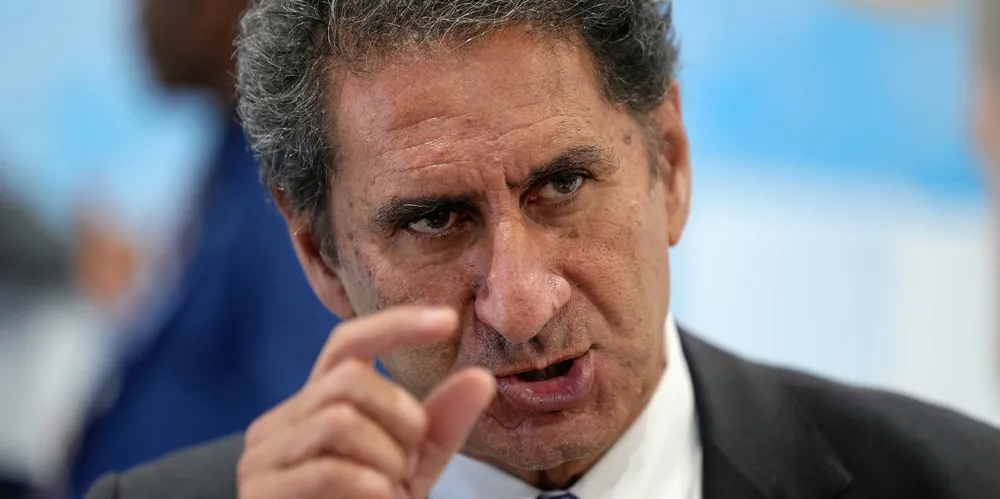Oil & gas spend 'bounces back' as global crises hobble energy transition capital shift: Irena
Record $500bn annual investment in renewables worldwide offset by rising expenditure in fossils after pandemic-induced decline, according to International Renewable Energy Agency report
